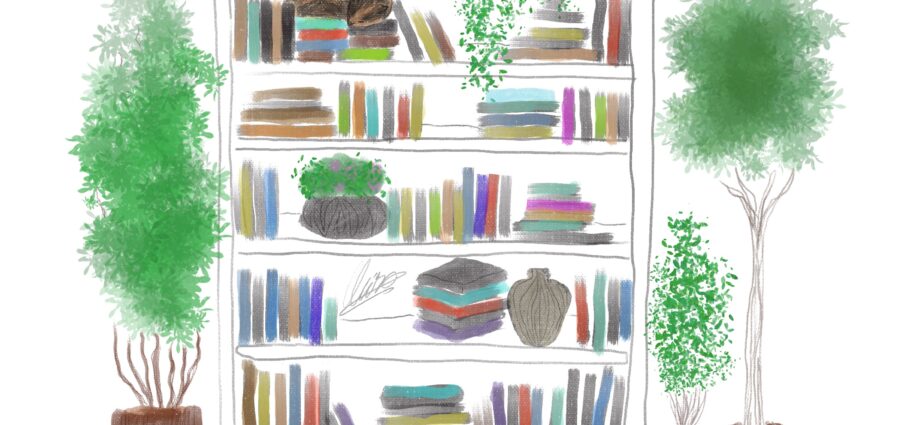If you happen to find yourself at home right now with nothing to do, we have just the thing for you. In a collaboration between our Sphaera staff, we made a list of book recommendations with something for everyone. From interesting academic related topics to thrilling novels, this list will take you from your desk to the couch and back.
If you want to keep up to date on what is going on around the world, or learn about a new subject your study perhaps does not focus on, we have got some books related to academia we would like to recommend.

The first recommendation in this category is The Road to Unfreedom: Russia, Europe, America by Timothy Snyder. In this book, which was released in 2018, Snyder explains the rise of authoritarianism after the end of the Cold War, despite the assumed “end of history” and the victory of liberal democracy. He thoroughly explores anti-democratic trends and developments in Russia, Europe and America in a unique and immersive way. It is suitable for anyone who wants to read a sharp, clear statement on our current political climate.
Tip: “If you don’t feel like reading 300 pages, Snyder also published On Tyranny (2017), which covers many of the same issues, but in approximately 120 pages.” – Juni Moltubak

Another interesting read on the same topic, put forward by Juni as well, is Identity: Contemporary Identity Politics and the Struggle for Recognition. This book is written by Francis Fukuyama and was published in 2019. In this book, Fukuyama starts by defending his infamous claim that the world had reached “the end of history” a couple of decades back. He then goes on to explore the history and development of identity and the human need for recognition and dignity. The book discusses identity and dignity in relation to politics, religion, nationalism, and individualism, to name a few. “It touches upon subjects that can make the mind wander for hours but is nevertheless easily read and definitely not a book to pass by.” – Juni Moltubak
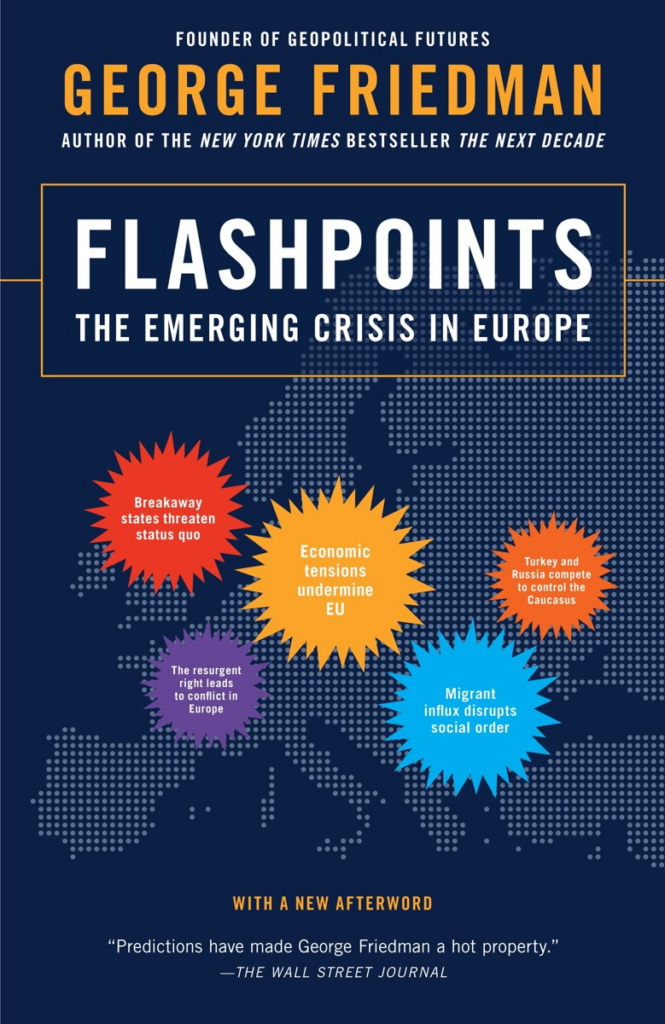
If you are looking for a book more related to geopolitics, Flashpoints: The Emerging of Crisis in Europe by George Friedman might be the book for you. In his 2015 book, Friedman starts by giving a brief history of Europe through the lens of his familiar history as a Hungarian Jew, the experiences of his family throughout the second World War and their escape from communism. This history allows Friedman to explain a few important concepts, such as the history of borderlands, the (false) notion of Europe being a peaceful continent, and the influence of the Enlightenment and Nationalism on Europe. In the second half of the book Friedman describes a variety of flashpoints in today’s Europe, ranging from military escalation on Russia’s borders to the geopolitical consequences of the power struggle between the Germans and the French within the European Union.
“Friedman’s credentials as a skilled geopolitical forecaster and strategist lend a lot of credibility to his predictions and conclusions. While these predictions might not turn out to be completely correct in the coming years, the reasoning behind them is what makes the book such an interesting read for anyone with an interest in the contemporary geopolitical situation in Europe.” – Tom Schulte
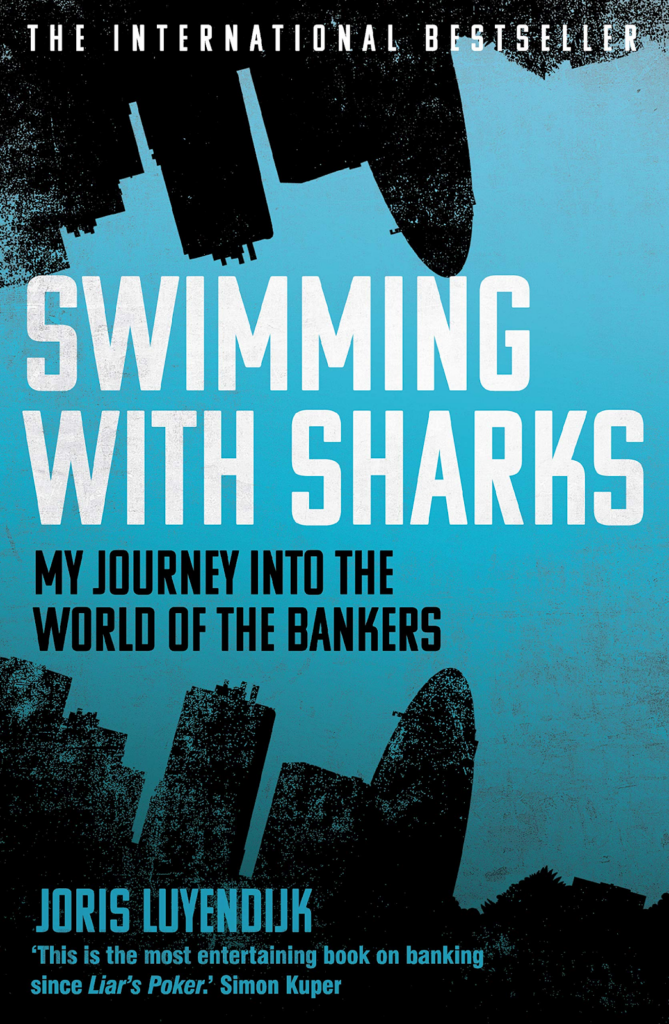
Now, this next book recommendation is a bit tricky in terms of categories, as we would not directly call it academics, yet it is not your typical leisure reading either. Nonetheless, Swimming With Sharks: My Journey Into the World of Bankers is a fascinating book, written by investigative journalist Joris Luyendijk. In this book, published in 2015, Luyendijk provides the reader with a look into the banking world post the 2008 financial crisis. The book is filled with rich descriptions of Luyendijk’s meetings with people in the sector. In the end, his main goal is to find out if practice changed after the global financial crisis, which in turn is interesting from a policy point of view. “For someone like me, who does not necessarily have an affinity with economics or banking, this book makes that world understandable. It’s not purely a technical book but also makes you get to know the people behind these big, intimidating banks.” – Eva Bajema
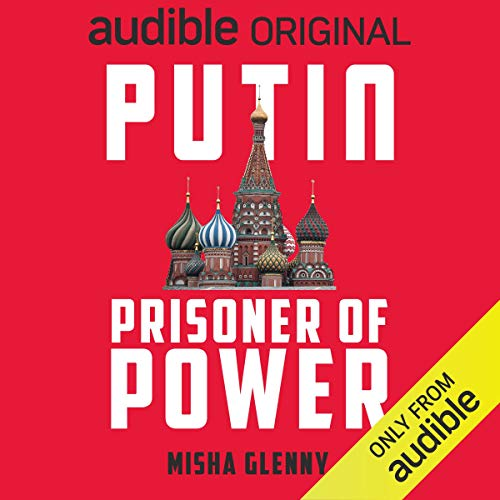
The last recommendation in this category is Putin: Prisoner of Power (An Audible Original). In this series of podcasts, Misha Glenny talks us through the details of the fascinating way in which Putin turned the tables against the very people that put him in power. Once again establishing strong governmental control in Russia. “Putin: Prisoner of Power not only provides a compelling historical narrative, but it also gives insight into Putin’s strategy and way of thinking. I would highly recommend this audiobook to anyone interested in global politics.” – Jacco van der Veen
Looking for something a bit less realistic? Moving on from academia, we will soon dive headfirst into the world of fiction. Our recommendations range from novels, to poetry, to nonfiction works, so no need to feel distressed if the previous recommendations have not yet caught your fancy.

Starting off with some beautiful poetry, The Princess Saves Herself in This One by Amanda Lovelace follows the storyline of a woman from early childhood to adulthood. The book touches upon some sensitive topics, regarding difficult relationships, losses, and the journey to accepting and loving oneself. “Although sometimes quite raw, the book truly manages to capture the essence of how difficult it can be to learn to accept and love yourself.” – Helena Reinders
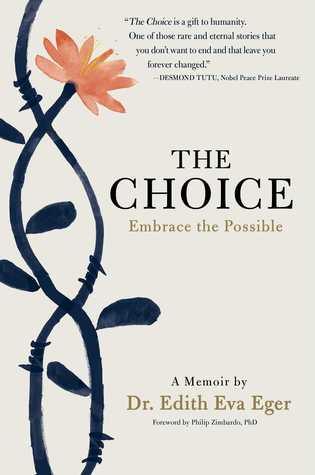
The next book we would like the recommend is a work of non-fiction called The Choice, written by Edith Eva Edger. This book captures the memoirs of a psychology professor who survived Auschwitz. It manages to show how things cannot always be ranked as black and white and gives people ingredients to really see certain aspects of themselves. “I think it’s the type of book that will reach different people in different ways, but I can’t imagine it not leaving you in a sense of awe.” – Max Sarel
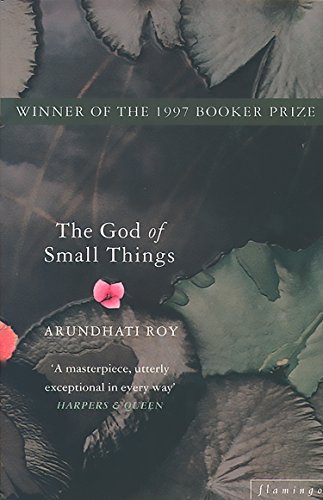
If you are looking for a book of fiction to get lost in, The God of Small Things by Arundhati Roy might just be for you. Without spoiling too much, it is a tale of two fraternal twins navigating their relationship with their unique and complex family, their distant mother, and the messy world around them. The narrative shifts between when the twins are children, in the nineteen-sixties – and twenty years later when they reunite as adults. At first glance, its non-linear structure might be difficult to follow. However, it is exactly this structure that provides the reader with in-depth knowledge on the different perspectives touched upon in the book. “I loved this book so much. I heard about it after reading that it made aspiring writers insecure, as it was Roy’s first published work. It is often referred to as a masterpiece, and I couldn’t agree more. There are so many underlying themes – racism, inter-caste and forbidden love, religion and the lasting effects of colonialism even on the most negligible of interactions. It is a work of art that challenges the social mores of India and what it means to belong.” – Yasmina Al Ammari
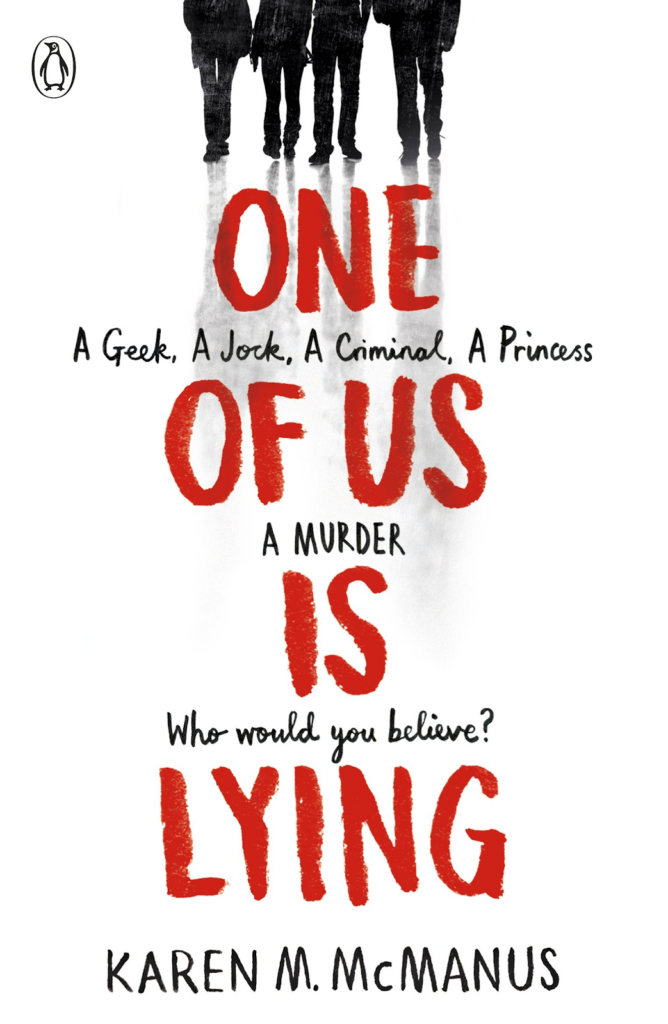
Now, if you are looking for a book that will keep you on the edge of your seat all throughout, we recommend One of Us is Lying by Karen M. McManus. The story follows four high school students and their perspectives on the death of their fellow classmate Simon. Although these classmates do not seem to have much in common, they are soon connected when they are all suspected of killing Simon only hours before he would launch their biggest secrets on his gossip app. “Although the initial concept might seem like any other book, it is so well written that you can really never find out what happens until the writer wants you to. This book can only be described as a real page-turner.” – Helena Reinders
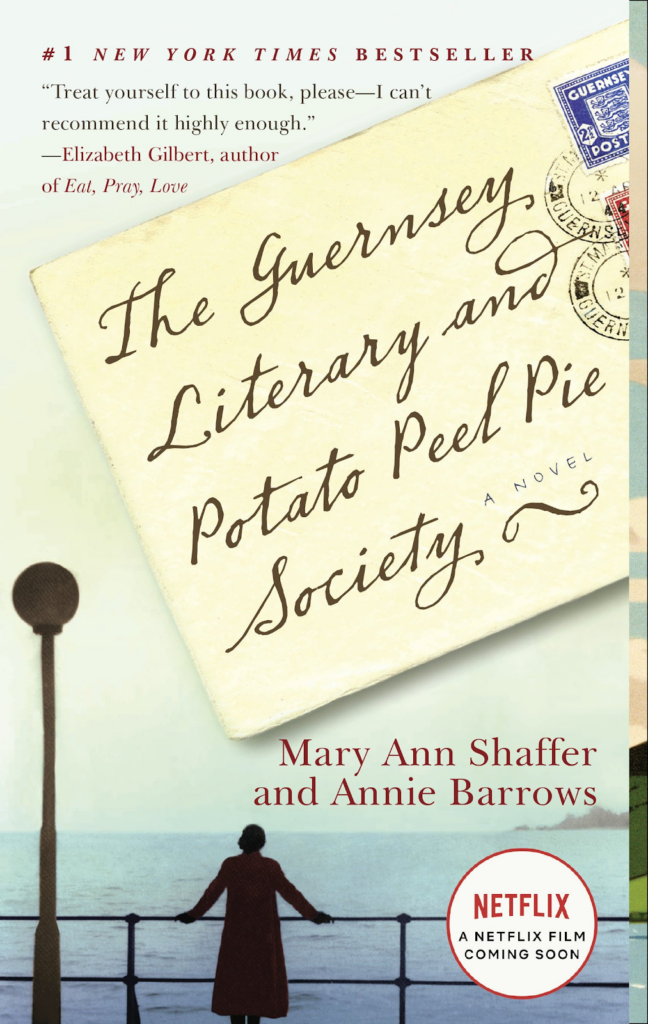
Another great novel is The Guernsey Literary and Potato Peel Pie Society by Mary Anne Shaffer and Annie Barrows. Behind the wacky title is a heartwarming story about a group of people who had nothing in common except their desire for friendship and an unquenchable thirst for books. As the only British territory to ever succumb to Nazi occupation, the inhabitants of the remote island of Guernsey have plenty of stories to tell, but none as fantastical as the tale of the Guernsey Literary and Potato Peel Pie Society. Written in the form of a series of letters, Mary Anne Shaffer and Annie Barrows masterfully describe how the love of books can turn strangers into friends, and loneliness into companionship. If the book sound appealing, but you’re not quite convinced yet: it has also been turned into a Netflix film. “It’s a feel-good novel with the power to put a genuine smile on your face, perfect for anyone looking for a way out of quarantine boredom.” – Karolína Hajná
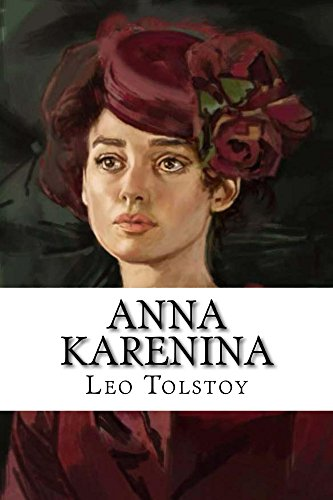
Also described as ‘the single greatest novel ever written’, Anna Karenina follows the story of a sophisticated woman who decides to leave her old life behind and follow her passions. With catastrophic consequences. Based on a true story, this novel, first published in 1878, is a true classic which still resonates with the current state of affairs; of decadent high lives and the obliviousness of those in power. Yet, the story also plays on the reader’s empathy in a wicked manner, sprinkling tragedy on all fronts. “I rekindled with it hoping for a welcome escapism to a glitzy ritzy Imperial Russia while holed up in my room, only to be hit with a story that is entrancingly multifaceted: tragedy, romance, politics… a story told by many, for many. I picked up Anna Karenina to escape, but I found myself pulled into the story because, in some ways, the novel is critical of the upper classes of those times, without necessarily alluding to class struggle. Doom packaged in a pretty casing – definitely not an escape, but a hell of a good read. And it is long, which makes it the perfect quarantine goal.” – Zhayra Geraldine
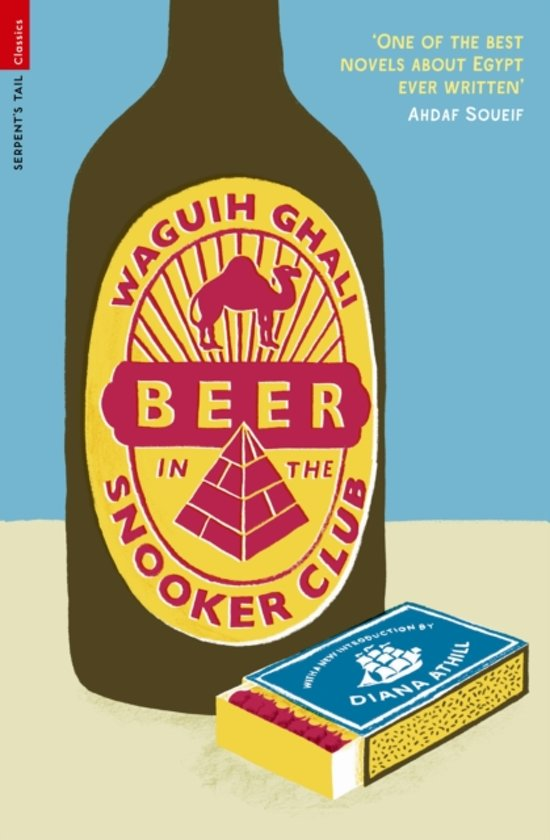
What better time to catch up on some post-colonial fictional literature? Egyptian author Waguih Ghali’s Beer in the Snooker Club was published shortly before his eventual suicide in 1969. Although the book is ostensibly fiction, the storyline eerily mirrors that of the author himself. Beer in the Snooker Club follows the story of Ram and Font, two young men educated in Western-styled institutions, self-loathingly trapped on the fringes of the property-owning class of Egyptian society. The book is told entirely from Ram’s perspective, a young ‘intellectual’ grappling with his disillusionment with the superficialities of the upper class, the realities of Europe, imperialism’s flesh-eating ways and his own insincerity. “A must-read for any fans of Fanon looking for a fictional spin.” – Caitlin Elston-Weidinger
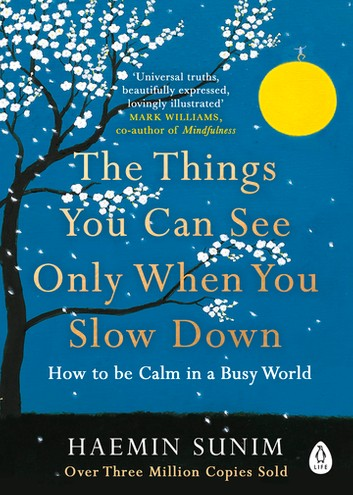
If you’re feeling overwhelmed by responsibilities and stress or are seeking to introduce more balance and calm in your everyday life, you should grab The Things You Can See Only When You Slow Down: How to Be Calm in a Busy World by Haemin Sunim. Through a series of short messages, the author shows that when you slow down, the world slows down with you. Haemin Sunim, renowned Buddhist meditation teacher, offers his views and advices on many aspects of our lives, such as relationships, spirituality and love. “The Things You Can See Only When You Slow Down is bound to capture you not only with its simplicity and readability, but also with its stunning, picturesque illustrations.” – Karolína Hajná
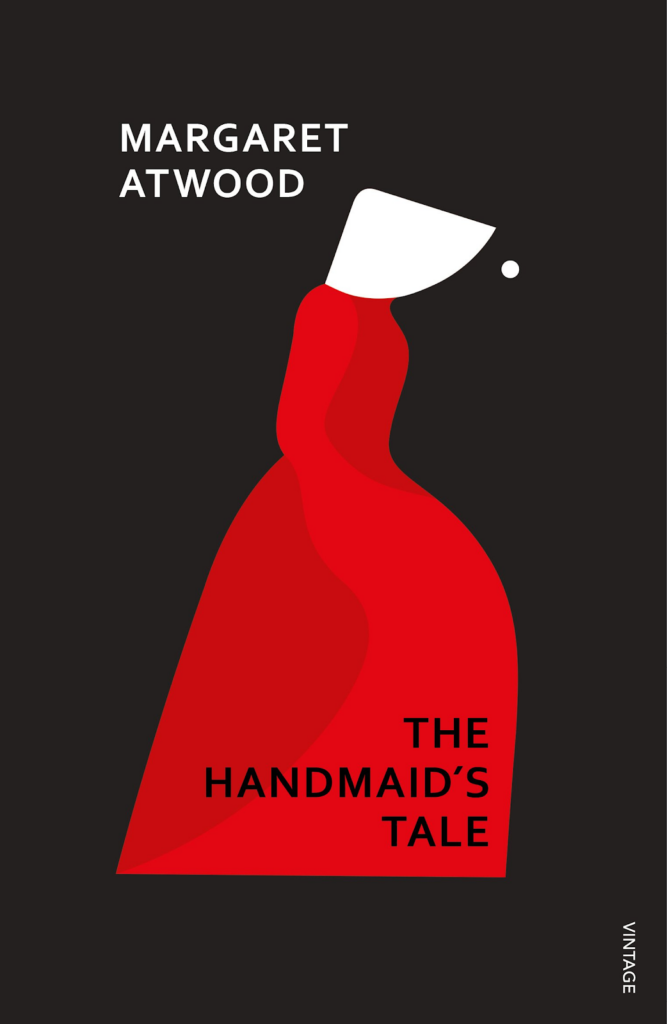
If you enjoy dystopian novels, you cannot miss The Handmaid’s Tale by Margaret Atwood. The book explores the themes of a global infertility crisis, radical religious fanaticism, the purging of rights, and individual resistance despite it all. What this book does differently is that this is not the virtuous unemotional one woman toppling the evil regime narrative we have been used to. It’s the story of Offred and how she became handmaid, a vessel that brings children for barren commanders and their wives, and her effort to find her stolen daughter. A very personal and moving story. “You’ll love it. The Handmaid’s tale is 1984 from a female perspective.” – Chira Tudoran
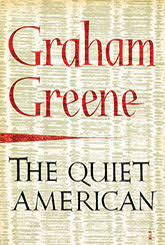
Are you interested in 20th-century history? Then The Quiet American by Graham Greene might be the right fit for you. In this classic, journalist Thomas Fawler is situated amid the First Indochina War, fought between the French and its allies and North Vietnam. Fawler is experienced in his job and cynical in his view of the war and the environment he found himself in. His perspectives are defined by the struggles of reporting a war against Western colonialism as an Englishman, and the love affair he has developed with a local woman. “In all his novels the main characters deal with doubts and internal conflict, something Green himself also had to deal with in his life. His stories are situated in difficult environments that directly affect the story but never serve as more than one of the themes of his books. Whether it is the underworld of Brighton (in Brighton Rock), the Blitz of London (in The Ministry of Fear) or the political elite of Panama (in his non-fiction work Getting to know the General): all his books are built on solid stories that reflect the struggles his characters have with their surroundings and themself.” – Tom van der Meij
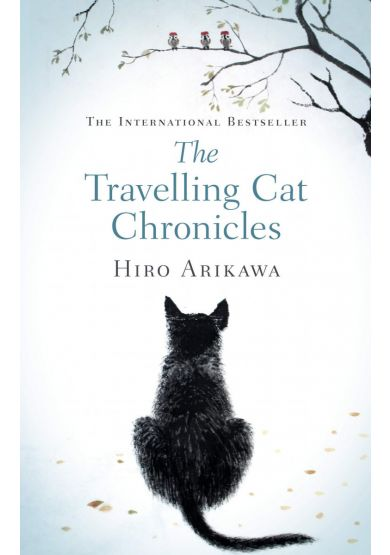
Our last recommendation of this list is The Travelling Cat Chronicles by Hiro Arikawa. This book, partly written from the perspective of a cat, follows Satoru and his cat Nana. The story explains how the two came to meet and gives us peeks into the past of the characters involved. Throughout the story, it becomes clear that Satoru is looking for a new home for Nana, beginning their adventure on the road. “A great book on friendship, loss and the concept of home. Don’t be surprised if you end up shedding a tear at some point, especially if you are a cat lover.” – Helena Reinders
We hope this list will help you to find a new book to indulge yourself in. In these uncertain times, it is important to find joy in the small things and find ways to relieve some of the stress you are undoubtedly feeling. Stay safe and let’s all meet again soon.
Edited by Helena Reinders
Artwork by Chira Tudoran

